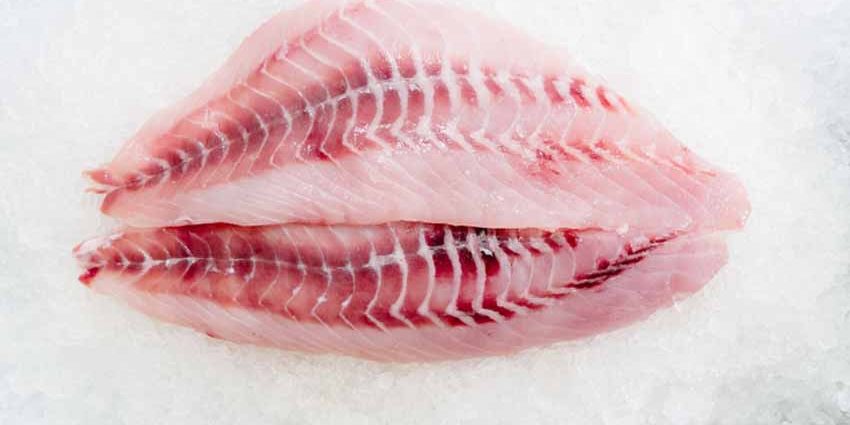Whatever its preparation (although prioritising the cleanest options such as grilled, boiled or steamed), fish is one of the most recommended foods in the diet, even more so if we compare it to meat. And, in addition to its nutritional value, in a state of climate emergency such as the one we are in, we cannot forget that, in most cases, fish is also the most sustainable option. In a study published in October by Bianchi, M., Hallström, E., Parker, R.W.R. et al. in Nature’s Communications Earth & Environment journal, they claim that fish has the ability to meet nutritional needs with low climate impact.
In general, oily fish, including wild pink salmon, sockeye salmon, small wild-caught pelagic fish – those found in the shallowest part of the oceans and seas – such as sardines, anchovies or herring, and farmed bivalves such as mussels and oysters, are the best choices.
In terms of consumption, we tend to eat lower quantities than recommended and, although Spain is the second largest consumer in Europe – second only to Sweden – the amount per person is still low: between zero and one portion per week.
To ensure that fish is present in as many diets as possible, it is important to offer healthy, affordable and convenient products. Here are some of the latest fish innovations on the European market.
Fish innovations aim for inspiration and sustainability
Many fish product launches offer meal ideas and on-pack portion suggestions to help consumers discover new cuisines and demonstrate how tasty and easy it is to cook with fish.
Consumer demand for fish and seafood products saw a considerable boost in the wake of COVID-19, as people cooked at home more frequently and adopted a more experimental approach to cooking. However, the frequency of fish consumption in Europe remains relatively low compared to other types of protein, such as meat or poultry. The high price and lack of inspiration for meals are the main obstacles to a more regular use of fish. Consumer confidence in fish preparation can be increased with meal ideas and on-pack preparation recommendations, including highlighting how fish can be used instead of meat as a protein ingredient.
Fillet and whole fish are the most common formats for fish in Europe.
- Fillet format: In the 12 months to November 2022, fillet and whole fish releases accounted for 64% of total processed fish releases in Europe, followed by flaked or minced fish (11%).
- Fish products explaining how they can be used as a substitute for meat. The versatility of these formats makes them popular and conveys value for money appeal.
- Smoked salmon Fiskemannen (Norway) can be served with bread, egg, avocado or cream cheese, either on its own or in a salad.
- Taste the Difference Thick Cut Scottish Smoked Salmon Rashers with “New York Style” Pastrami Spices feature pastrami flavours usually seen in meat, including fennel seeds, coriander and paprika flakes.
- Lofoten Minced Salmon. The manufacturer of this product encourages consumers to swap out meat and replace it with salmon in all of their favourite meals.This minced salmon is easy to cook and is claimed to be great in tacos (Norway).
Fish substitutes as an environmental alternative?
On the other hand, there are fish substitutes. Consumer concern about the environmental impact of commercial fishing has led to increased interest in alternatives to fish. For example, 60% of UK consumers of meat substitutes agree that media coverage of marine fisheries has made plant-based seafood products more attractive.
The growing legion of climate-conscious consumers will inevitably expect fish substitute brands to highlight and verify their ethical and environmental claims on packaging.
- Hooked is a plant-based tuna substitute that is described as high in protein and good for the oceans, emphasising that the product does not lead to overfishing and by-catches.
- Food for Future (Penny, Germany) offers fish fillets based on wheat protein . The manufacturer’s claim? Thanks to this product, the fish can keep swimming.
- Sea Bloom Lemon ‘Tuna-Free’ Flakes (UK) are described as a natural, plant-based alternative aimed at fish lovers who want “a healthy body and a cleaner conscience”.
